The up and coming career pilot works in an era where they generally need to do any and everything to build flight hours.
Pilots prostitute their aviation skills because they are forced into it. They are compelled to compromise their principles to gain traction in their career path and given the current environment in aviation, it’s an obligation if you want to advance your career. Pilots aren’t proud of it, but the up and coming career pilot works in an era where they have to do anything and everything to earn flight time before they can get established on their career track. They work for low pay, all hours, in every possible aspect of aviation, and they know that if they don’t, there is another pilot behind them that will do it for even less. And the aviation companies know it. The CEOs who run the aviation companies know it too, and they’re shrewd, so why would the industry create more incentive if they can get pilots to do it cheap. It’s a vicious cycle that started about twenty years ago, and we’re reaching the end, but not in a good way.
Pilots are passionate about their profession, and they should be. No one will understand what it takes to get to that pilot seat unless they’ve gone through the process. Pilots and their families especially understand the sacrifices that are required during the arduous years while pilots are gaining flight skills, hours and experience.
(Career pilot in the cockpit; photo by Alex Proimos, CC2)
The Problems Facing a Career Pilot
Now that the minimum flight time to sit in the right seat of a commuter, earning about $10.75/hour (when averaged to a 40 hour work week), is up to 1500 hours, one has to wonder what the incentives are for being a pilot, besides getting to say you’re a pilot. The pandemic problem is that the incentives are dwindling and the direct result is that there are over 210,000 fewer licensed pilots to choose from now than what was available thirty-five years ago. These potential professional pilots have decided to turn to other industries that have a more realistic work/life balance and even though the paycheck in aviation can be significant in the end, the years and cost of reaching that pay level far outweigh the return on investment.
The base incentive has always been the allure and glamour of being a pilot. Don’t laugh. It used to exist. There was a time when pilots had respect for their jobs, companies, skills and each other. They were proud to be a part of an industry that held its head high for being the epitome of professionalism and human achievement. Higher, faster, safer, and more beautiful airplanes. It was and still is extraordinarily hard to become a career pilot, but the payback back then was more worth it—and it wasn’t just about a paycheck. The aviation industry had a specific personality and it created an atmosphere of respect, glamour and pride. Thirty years ago, aviation was only for the rich, subsidized by the government because it was viewed as a necessity, and dangerous. Through the years, the personality of aviation has become cheap, ordinary, and with apathy that it is still dangerous, but because of the skill and sacrifice of pilots, it is the safest form of travel. Now that all the airlines have been merged down to four major companies, the glamour of aviation has been traded in to please the shareholders of Wall Street which is creating a cycle that is turning good people away from the industry.
(The career pilot is being hurt by the airline’s bottom line; photo by: Dan Nguyen, CC2)
All corporations and companies have personalities. More than just an icon or brand, leaders create an environment that is psychologically felt and perpetuated through the ranks. It can work for or against a company and too often, the leaders are so disconnected from the core of what their company actually does, that they have no idea the ramifications of the atmosphere they have created. Yes, people will still fly because they have to. But when you take away the unique experience that aviation can provide, and create illusions to satisfy Wall Street by continuously merging airlines instead of improving the experience for consumers and employee, it creates a weak foundation which is apparent to those looking at the industry for the first time. It is driving away the best and the brightest to other industries and the effect will be significant if the structure of the industry doesn’t change its values. We really can’t merge any more airlines together, so they’re going to have to actually fix their problems and make aviation a better industry for both consumers and flight crews.
Final Thoughts on Career Pilot Compromises
There is not a single CEO at the major U.S. airlines who are or have been professional pilots. In fact, most have spent their previous lives in law, accounting or Wall Street. They bring with them important skills, but while they are brilliant with a spreadsheet, the industry needs balance in leadership and a passion for the industry, not just fulfilling shareholder wishes and demands. It creates a weak foundation in the industry and systemic problems that are pushed down and belittled so they can get through each fiscal earnings announcement.
Aviation employees understand the unrealistic expectations of Wall Street. They know that ultimately, their client is the shareholders, not the customers. It’s more important to make the anonymous shareholders happy than the customer in front of them, so the philosophy is to squeeze every penny out each customer and it’s a personality that starts at the top. It’s a dichotomy that needs to come back and refocus on the correlation of pleasing people to make profit in the aviation world.



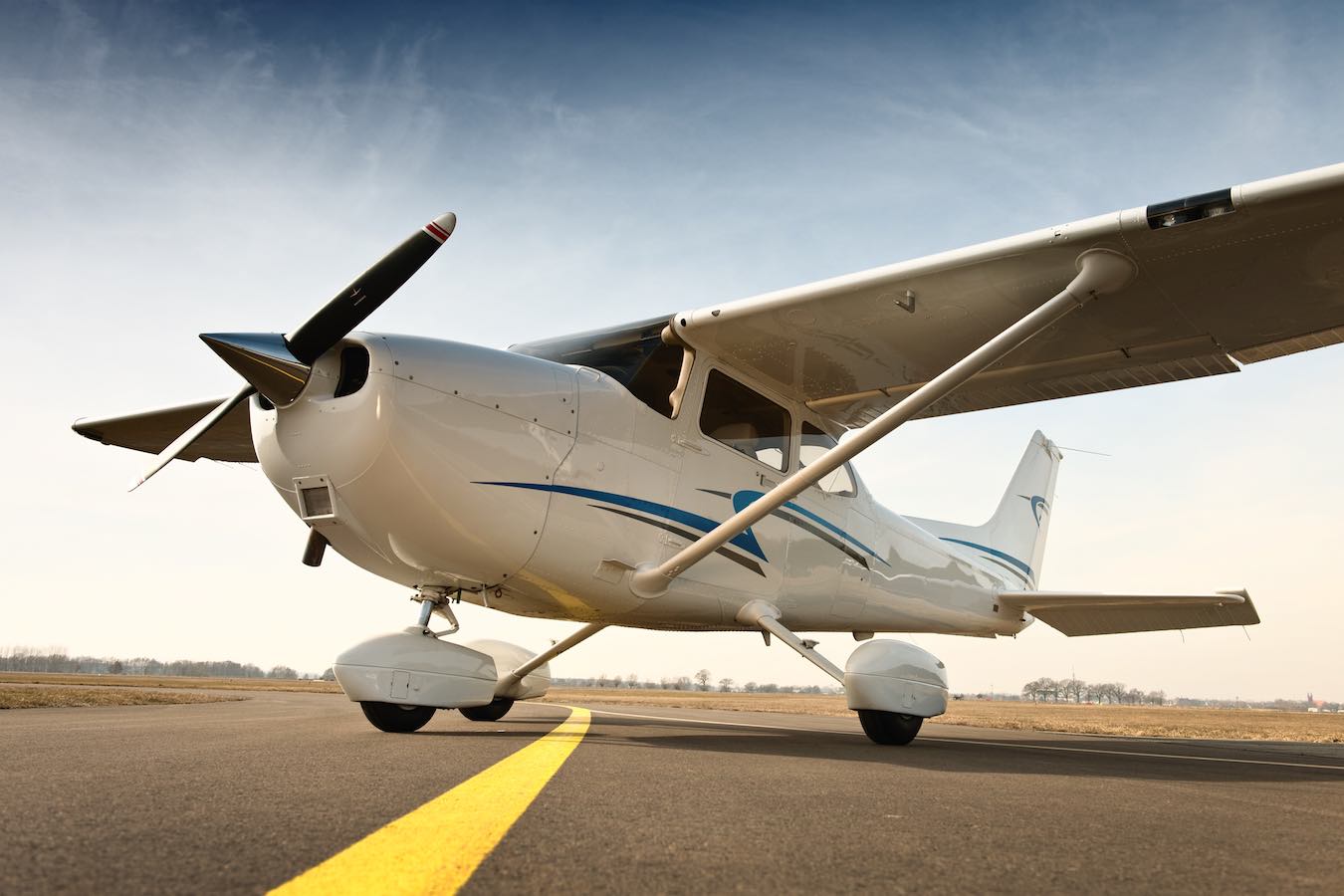
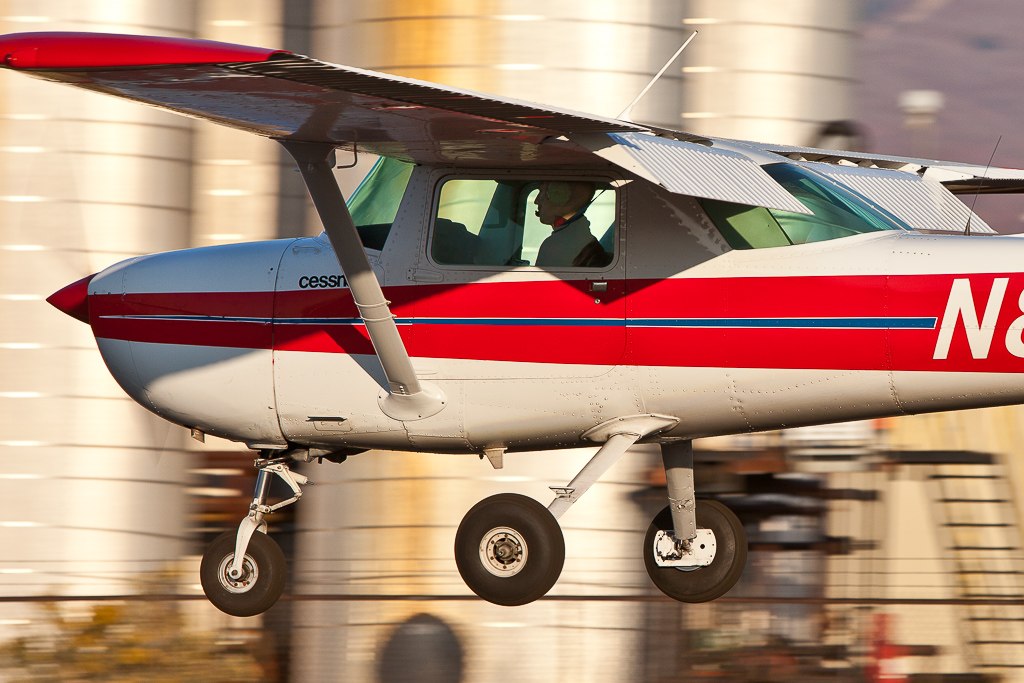
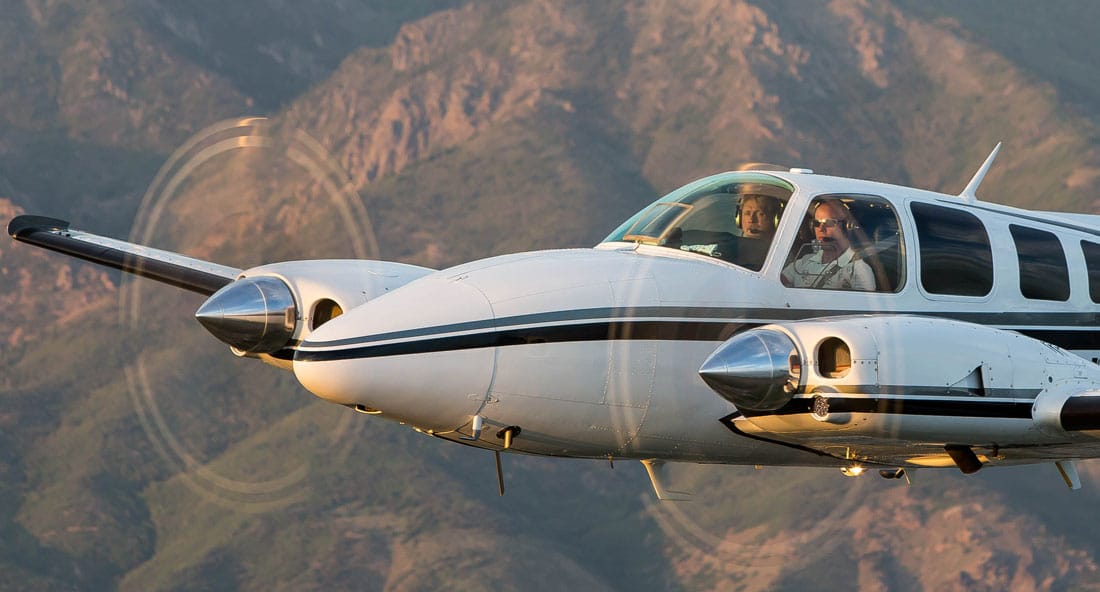
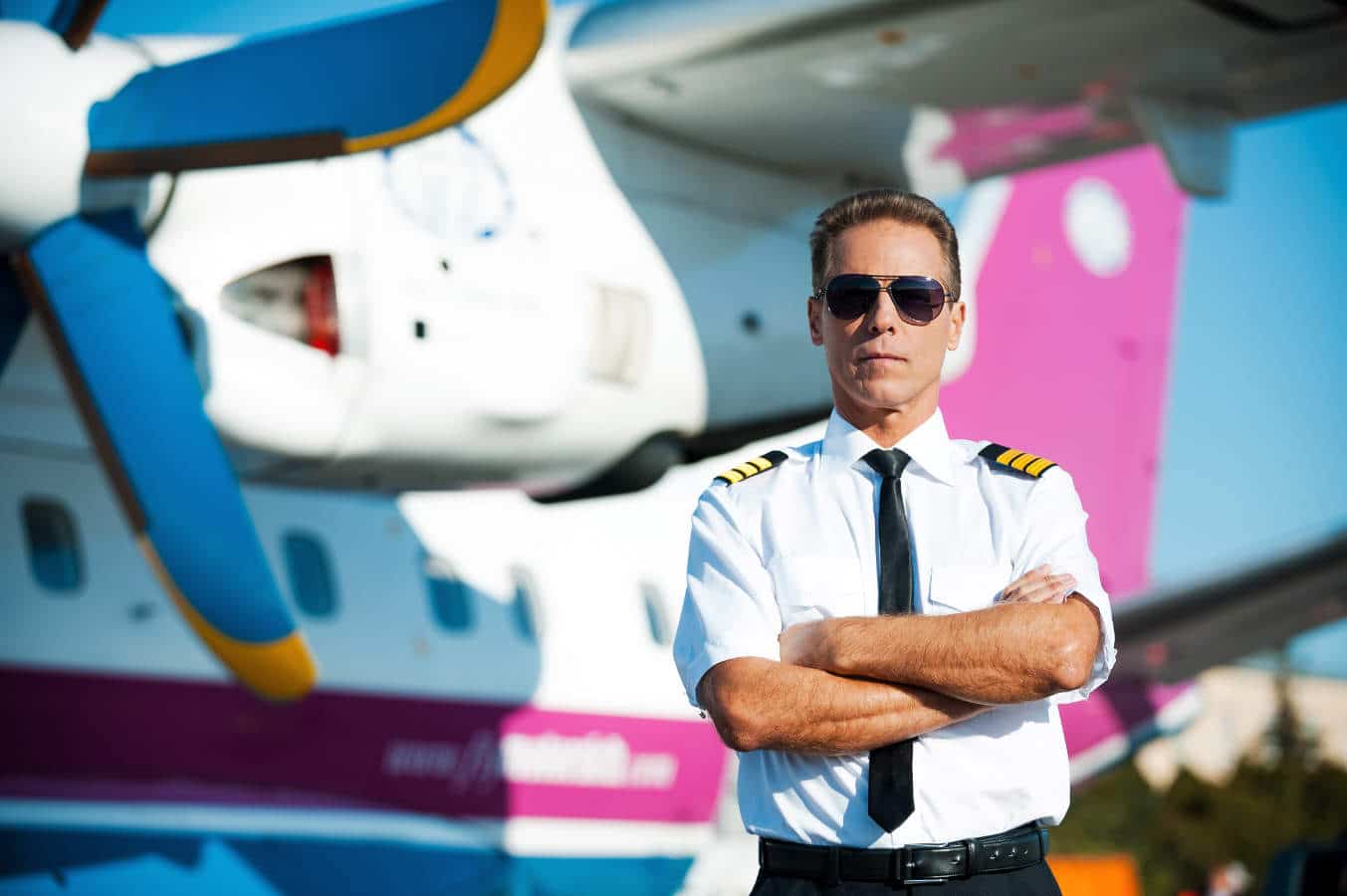
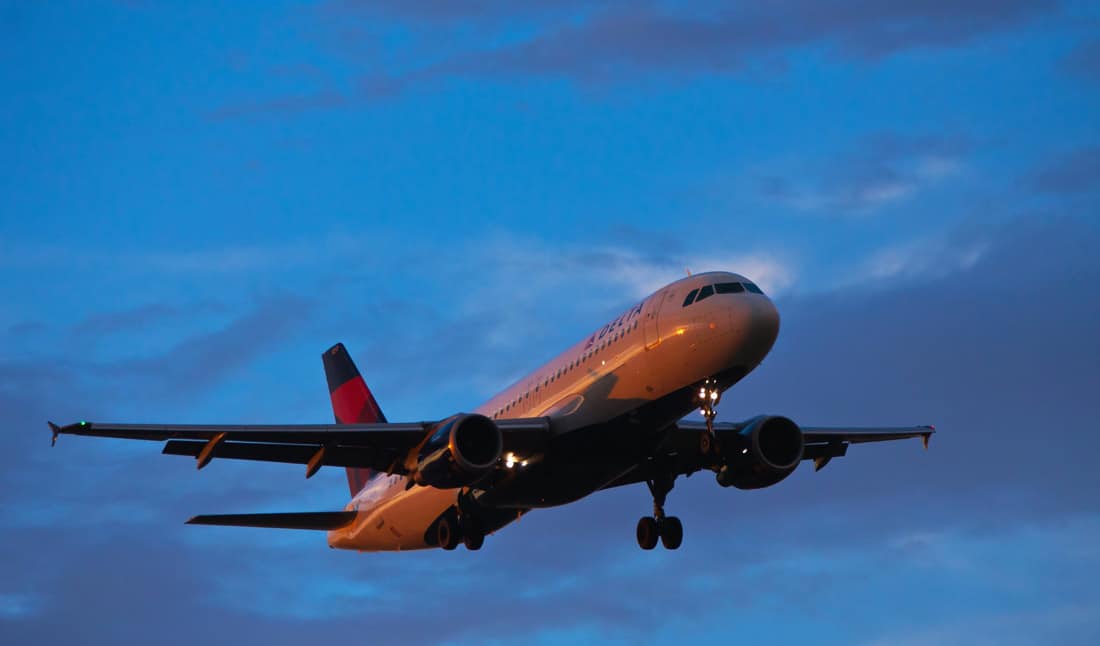
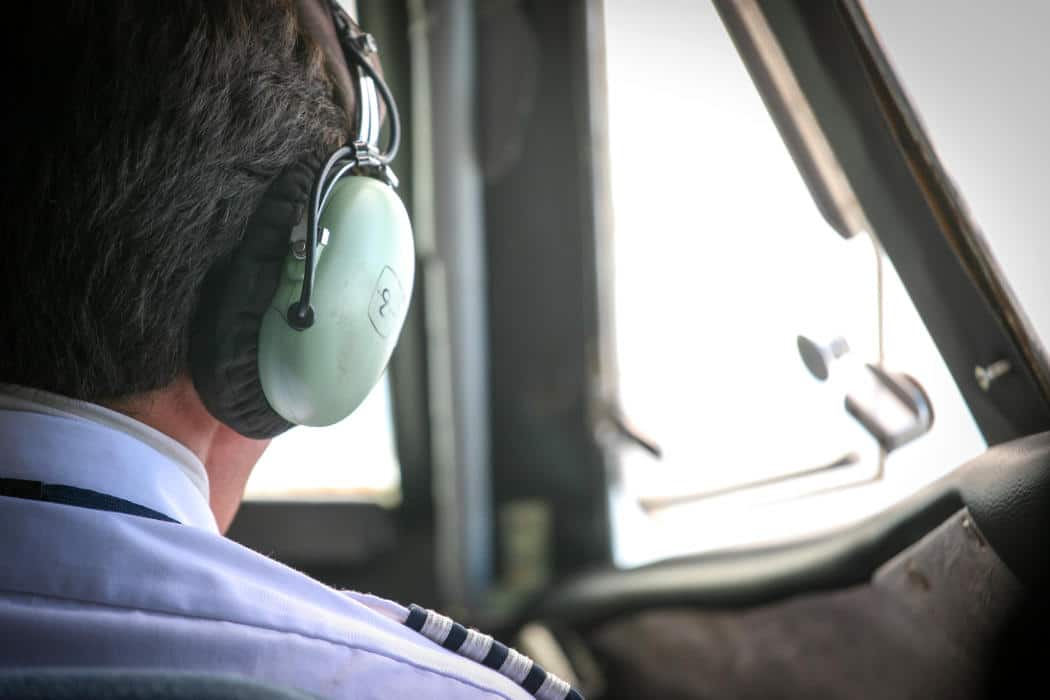
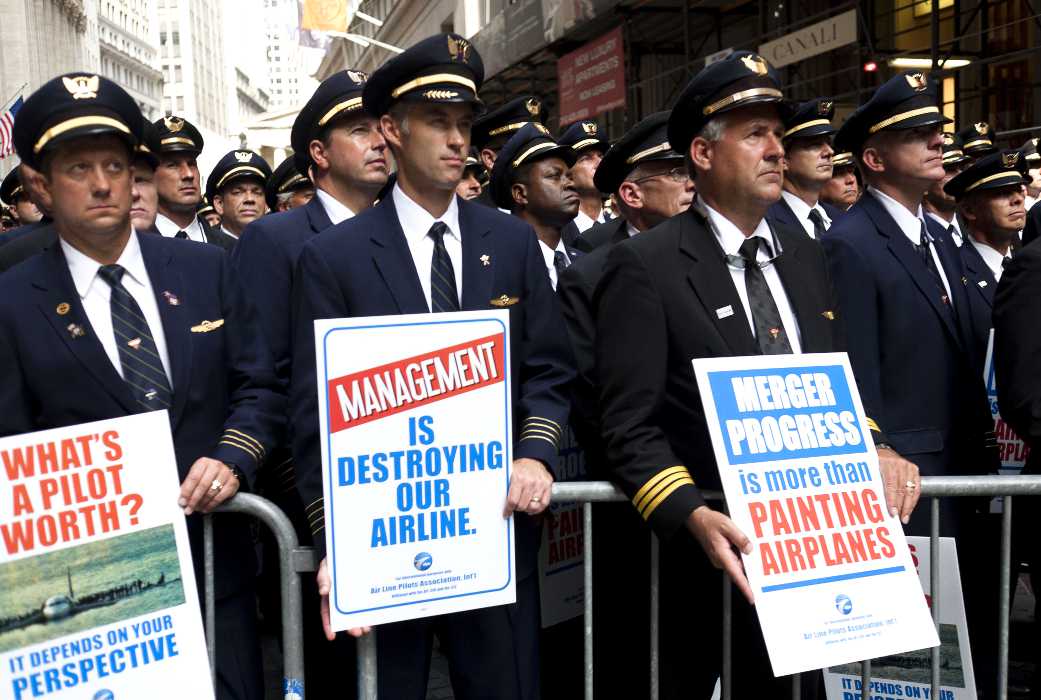
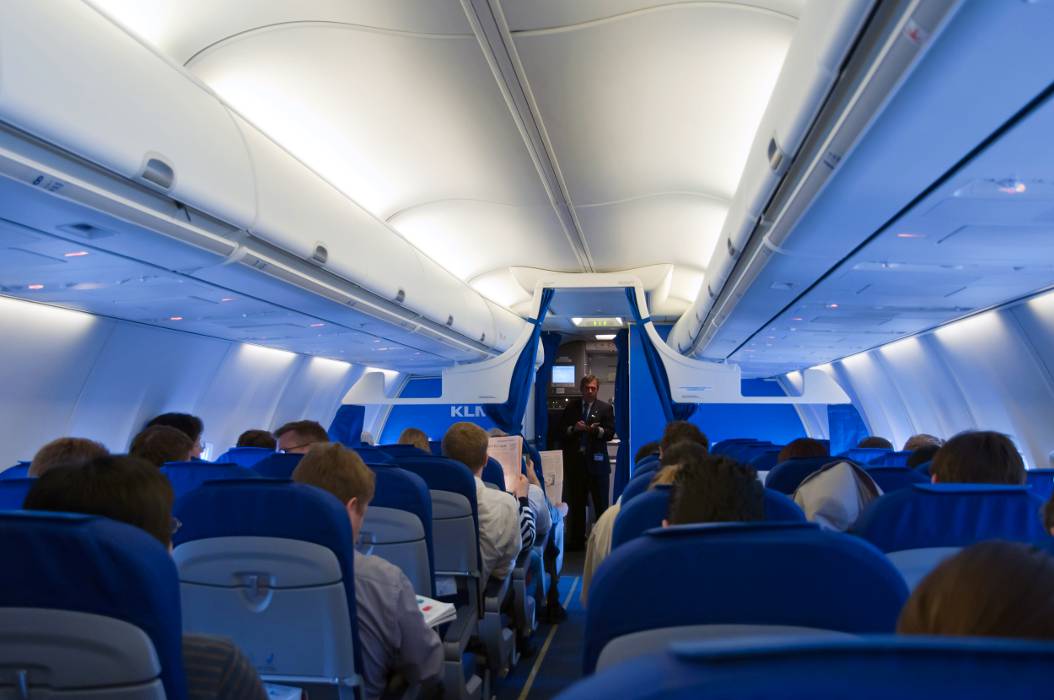
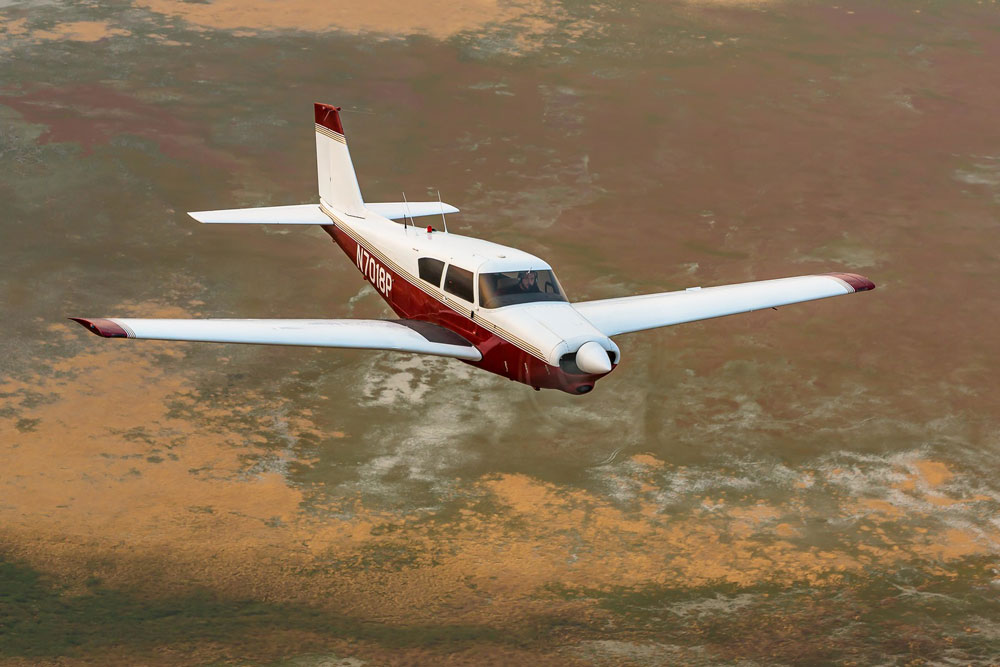
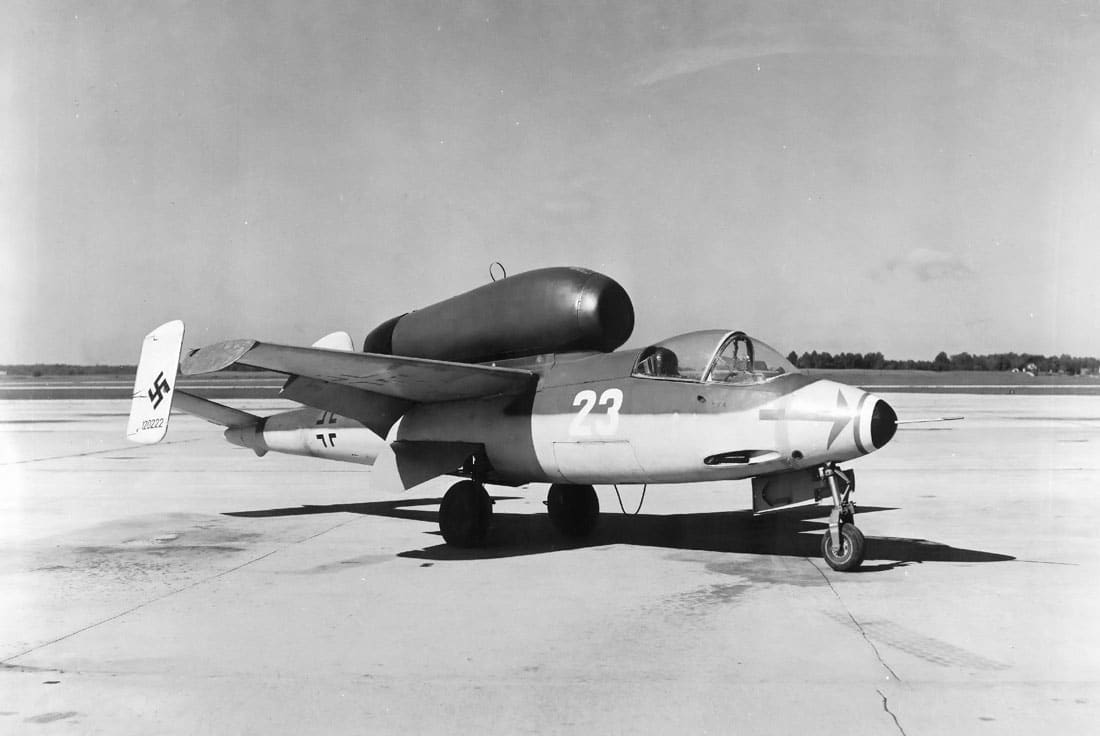
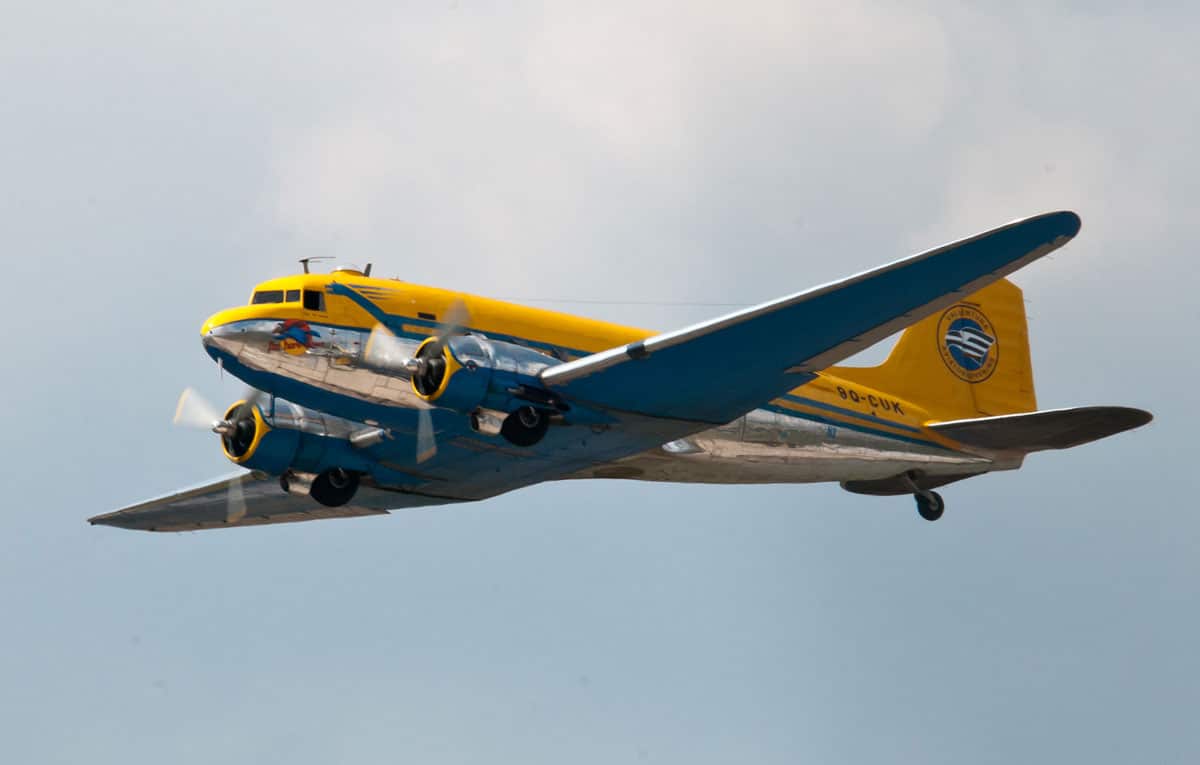
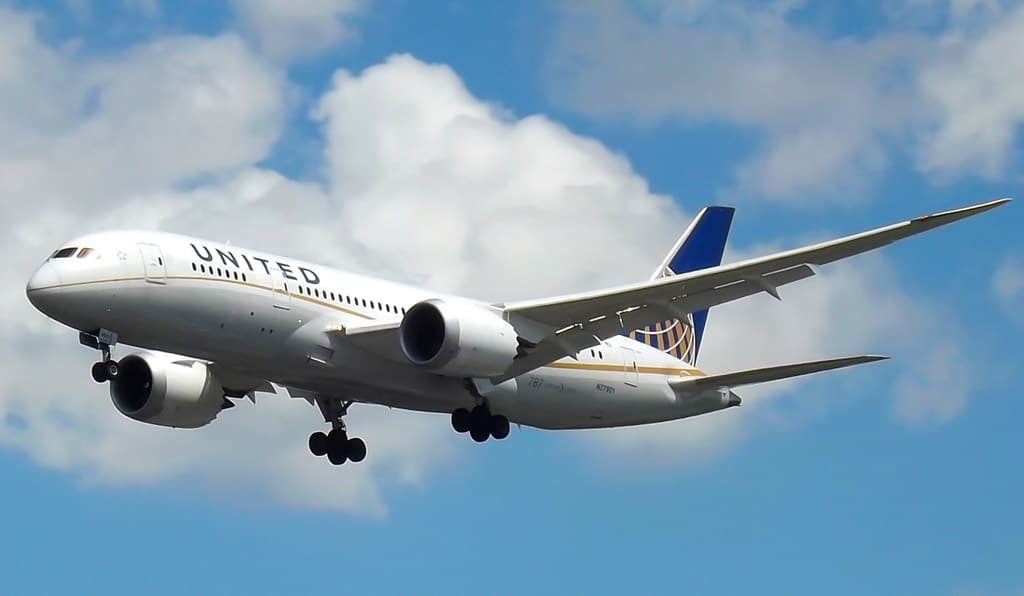
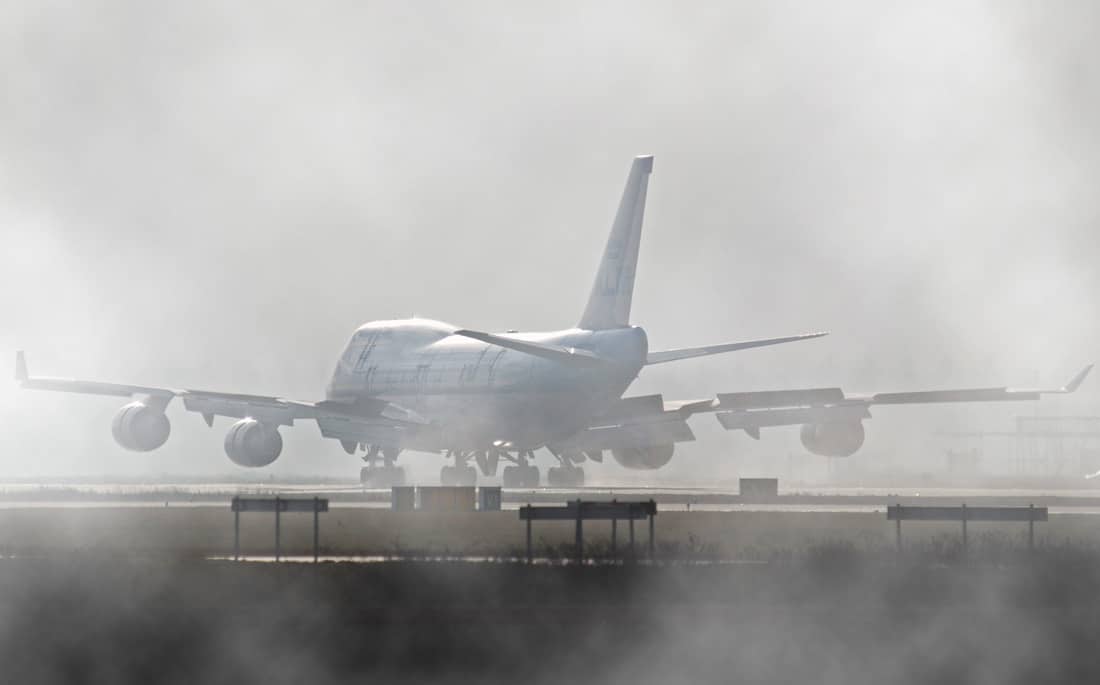
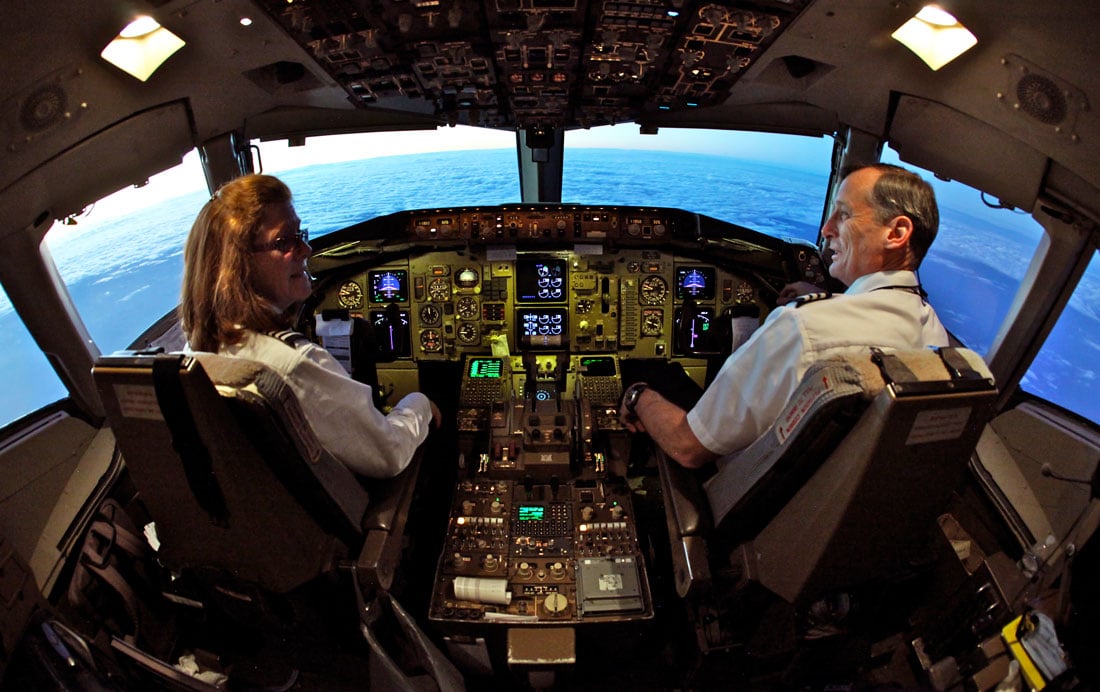
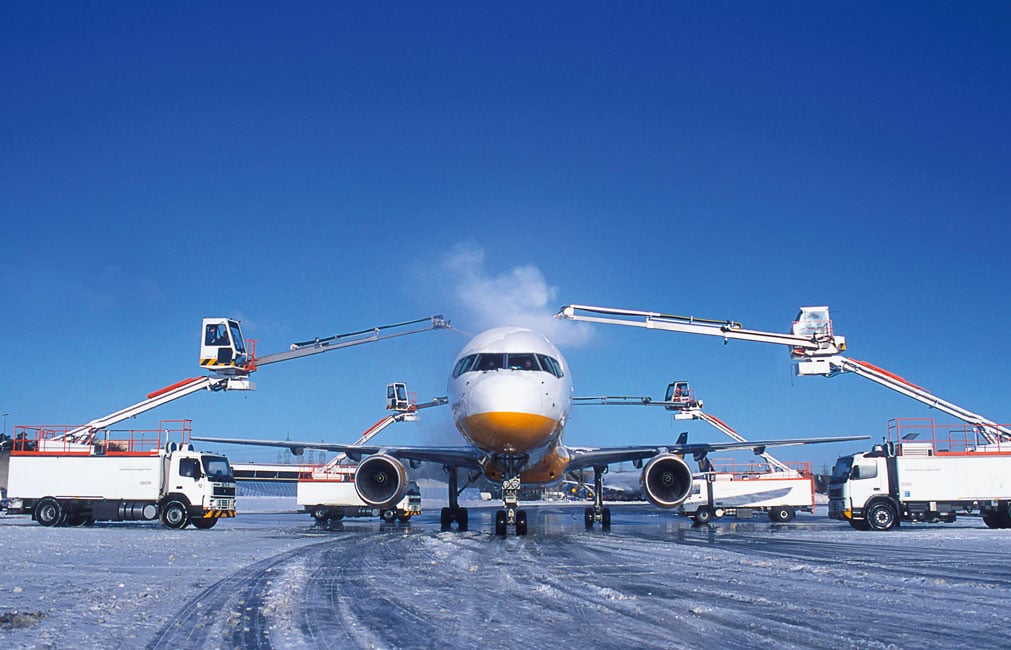
This article is very honest. I earned my private pilot certificate in 1994. All I ever wanted to be was an airline pilot. I worked hard and spent lots of money. I wahsed planes, worked for an A&P, did line service, worked as a ramp and gate agent, and paid my dues. Now I have two type ratings, a masters degree in aviation safety and find that I a dissatisfied with my quality of life. I don’t get very much time at home, my pay is less than what a door greeter at Walmart makes, and upgrade is just a dream. I am seriously considering other areas of employment to be able to provide and have a better QOL. I would not recommend this line of work to anyone. Serious changes need to be made. The paradigm needs to shift.
well said I think. we all worked hard no matter the path for sometimes little reward except to be a PILOT…
This article rings true- every word!! Get some aviation advocates in charge of the big corporations! JT – I am saddened to read your remarks however I fully understand your plight. My husband is an aspiring professional pilot and his struggle to gain footing is astounding. The industry has you by the neck and will choke you to the edge of expiration – just because they can. His natural talent and passion for flight keeps him going but I truly hope to see a change in the airline culture before I die. Pilots are highly educated, practiced, agile, astute thinkers who risk their lives everyday on the job. Aviation deserve the respect and admiration other professions receive!
Pilots are glorified bus-drivers just with a loan over their ears… Enough said! /cowspiracy
If you have 1500 hrs, and breathe, the regionals will take you straight away. Sign-on bonuses (5000-11,000) are bringing first year pay to almost livable wage. Upgrade times are running 1.5 -2 years. Majors are hiring 5-700 pilots per year for the next several years. Republic file chapter 11 because they didn’t have enough pilots to fly their obligations, even though they start at $40/hr. Some regionals have flow-through agreements making a direct path to the majors in a few years, barring another 9/11 type disaster. A friend of mine with 19 charter aircraft can’t keep pilots long enough to upgrade even though he raised salaries twice in the last year. He needs to have 75 pilots for full compliment. I would say this is the best time in many years to be a commercial pilot.
Sean Neal, can you give us your friend’s contact info? The one with 19 charter aircraft who can’t keep pilots. I’d be happy to share.
True, true and true. I am french. I have both FAA and JAA licenses. 600 hours TT, 100 hrs Falcon time. I started my training in Florida 10 years ago, converted my license to work in europe. I didn’t get a single interview. Here in europe you will need 500 hours on the A320 or 737. Must be current and last flight in the last 90 days. If you don’t have this, forget it. Only Ryanair will consider your application. They receive hundreds of resume every day.
If you don’t graduate from CTC aviation or Oxford, forget it. Those schools are hooked up with all the airlines. Pilot students pay 160000€ from PPL to type rating. And will start flying an airbus with 200 hours total time with ZERO time flying it.
So either you already fly the airbus or the boeing, or you are a caddet willing to pay 160000€. Otherwise you can think about another career.
There is no flying activity between flight school and airlines in europe.
All european airlines are hiring and need pilots. But they want you to pay them. Pay to fly again.
I’ve been a flight attendant for low cost airline. Plenty of us have current pilot licenses in my airline, but so so far we are only allowed to sell coke and peanuts in the cabin.